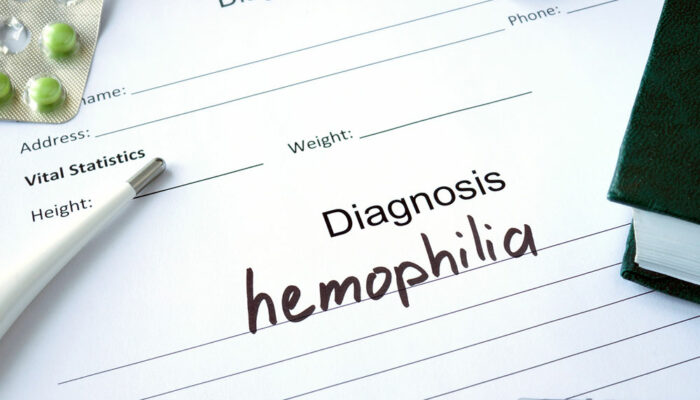
6 Different Types of Anemia
The red blood cells are responsible for transporting oxygen to different tissues of your body. When a person suffers from anemia, their body does not produce enough red cells, and the existing ones don’t work the way they should.
While it is mainly caused due to iron deficiency, many other types of anemia happen for various reasons . Some of them are listed below.
1. Aplastic (or Hypoplastic) anemia
Stem cells in your bone marrow create red blood cells. But when you have aplastic anemia, your stem cells get damaged and fail to make the required number of red blood cells. People are either born with this condition or acquire it via lupus, rheumatoid arthritis, overexposure to pesticides, HIV, chemotherapy treatments, etc.
2. Sideroblastic anemia
In this type of anemia, your body cannot utilize iron to make hemoglobin, a necessary protein that helps in carrying oxygen in your blood. As a result, your body experiences an unusual iron buildup that leads to the formation of sideroblasts, an abnormal formation of red blood cells. It can either be hereditary or acquired from being exposed to certain drugs.
3. Autoimmune Hemolytic anemia
Of the different types of anemia, this one is considered fatal because it attacks your immune system and eliminates red blood cells much faster than it can produce new ones. If you are suffering from autoimmune conditions such as lupus, you will likely develop this type of anemia. Certain medicines, such as penicillin and quinine, can also cause autoimmune hemolytic anemia.
4. Congenital dyserythropoietic anemia (CDA)
It belongs to a group of inherited anemia that significantly reduces the number of stimulated red blood cells in your body. CDAs are always passed down through your genes. While some people may not even need treatment, some may require a blood transfusion, depending upon your disease’s severity.
5. Sickle cell anemia
This type of anemia alters the shape of your red blood cells to crescents. As a result, they break down much faster than their healthy counterparts. Sometimes they may also get embedded in the small blood vessels, thereby creating a blockage that reduces the oxygen levels in your bloodstream.
6. Vitamin-deficiency anemia
Folate and vitamin B12 are critical nutrients for the production of red blood cells in your body. However, if the person does not consume enough of these vitamins, their RBC count may get low. As a result, they may be diagnosed with anemia caused due to vitamin deficiency.
Many types of anemia can occur due to multiple reasons. This condition can be either long term or temporary. If you suspect that you have anemia, you must see a doctor immediately.
Your treatment options may range from taking medicines or supplements to going through a medical procedure. You may also be able to prevent certain types of anemia by eating a healthy diet.



